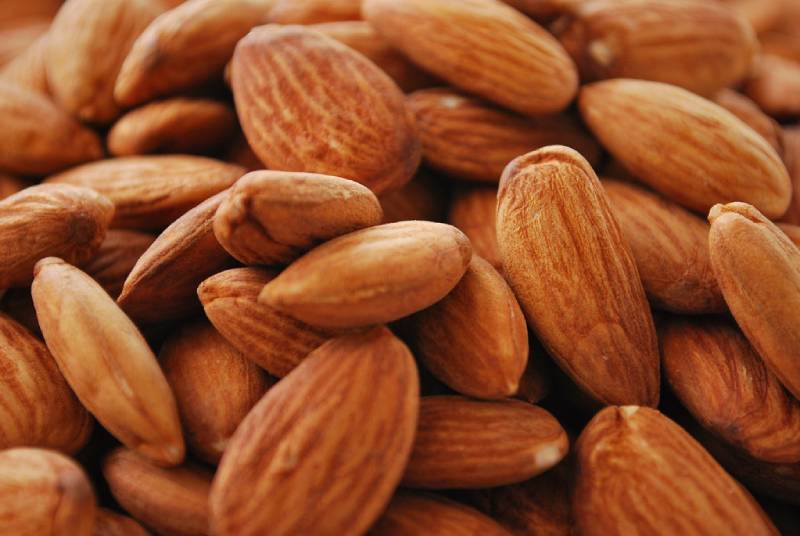A well-planned diet will support your training program and help you recover faster, reducing your risk of injury. Eating is also necessary to maintain good health and reduce your risk of illness or overtraining.
We all know what it feels like when you’ve been exercising for a while – it feels hot and it’s hard to keep going. Carbohydrates, protein, and fat provide energy for exercise. When you exercise, your body needs extra energy (calories) because it is working harder.
Energy helps maintain your body weight, maintain your health, and maximize your performance and training. If you don’t get enough energy from your diet, you will feel weak and tired. Over time, your muscles and bones may weaken, and you may be at higher risk for illness or injury.
BEFORE EXERCISING
What you eat before exercising will determine how much energy you have and your level of performance.
Ideally, eat a small meal two to four hours before exercising. This will increase the levels of glycogen in your liver and muscles (glycogen is the fuel that provides energy), allowing you to train at your optimal level and for longer.
Make sure that what you eat before exercise contains a moderate amount of protein to aid in recovery after exercise and a large number of carbohydrates to increase the level of glucose in the blood. To avoid digestive problems, such as stomach pain or discomfort, limit the fat and fiber content. You may need to try different lengths of time for your food before exercise to make sure you don’t feel uncomfortable when you begin physical activity.
Ideas for snacks and meals before exercising
Pre-exercise meals
Chicken sandwich
Pasta with tomato sauce and vegetables
Baked beans on toast
Cooked oatmeal with skim milk
Pre-exercise snacks
Bananas (ripe)
Smoothie made with skim milk
Cereal or energy bar
Diluted soft drink based on extracts (with sugar)
WHILE YOU EXERCISE
Eating while exercising helps provide carbohydrates to working muscles and meet daily energy and nutrient needs. This is especially important when you exercise continuously for more than an hour. It will prevent you from getting tired too quickly and will help you keep your performance at its best.
If you exercise for more than an hour, try to eat 60 to 80 grams of carbohydrates per hour. You can get them from a sports drink or a more solid snack. Sports gels are handy, but they don’t provide fluids so you also need to drink water to avoid dehydration.
Ideas for snacks to eat during exercise
Bananas
Isotonic sports drinks
Raisins
Cereal bar
AFTER EXERCISING
When you’re done exercising, the least you want to do is eat a meal or snack. But you must eat something shortly after exercising to recharge your glycogen stores. How much and when you eat will depend on the duration and intensity of your training and when you plan to exercise again.
Try to eat no more than 30 minutes after exercising. After that, aim to eat 1 to 1.5 grams of carbohydrates for every kilogram of body weight every two hours for the next six hours. For example, if you weigh 60 kilos you should eat between 60 and 90 grams of carbohydrates. If you have no plans to return to training for a day or more, then a meal that contains plenty of carbohydrates should be enough to replenish your glycogen stores. Including protein in what you eat after exercising helps build and repair muscle tissue.
Ideas for snacks you can eat after exercising
1 or 2 pots of fruit yogurt
1 sports bar (containing carbohydrates and proteins)
A handful of dried fruits and nuts
1 shake

